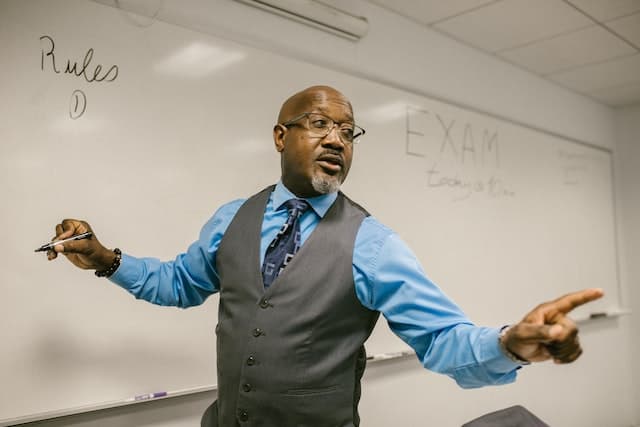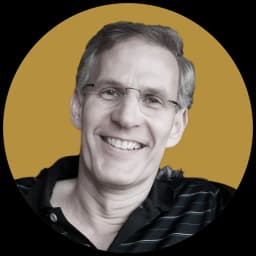In Libertarian Land, Private Colleges Can Go as ‘Woke’ as They Want
A new ranking shows that free speech tends to be lower at schools that are the most selective, as measured by the fraction of applicants accepted.

Do colleges abridge free speech? Yes, in myriad ways. Some restrictions are not controversial. If you write, on a math exam, that two plus two equals five, you will get “punished” for this “speech.”
Yet many restrictions are controversial, especially implicit or explicit actions against “non-woke” speech. Is it a major problem that colleges restrict free speech? Not according to the market.
The Foundation for Individual Rights and Expression recently surveyed students at more than 200 colleges across the country, asking questions such as:
- On your campus, how often have you felt that you could not express your opinion on a subject because of how students, a professor, or the administration would respond?
- How much pressure do you feel to avoid discussing controversial topics in your classes?
- How would you describe the climate on your campus toward persons who share and toward those who do not share your political beliefs?
FIRE then combined student responses to these and similar questions into a free speech score for each college in its sample.
The ranking of campuses based on this free speech “score” shows two unsurprising patterns: many students think speech is not free on their campus; and perceptions about freeness differ substantially across schools.
The surprise in the ranking is that free speech tends to be lower at schools that are the most selective, as measured by the fraction of applicants accepted. Consider the free speech ranking of the 18 Ivy-plus schools. The University of Chicago, which issued a report espousing free speech in 2014, comes in at #1.
The next highest elite school, however, is Dartmouth at #84, while Washington University ranks #100 and all other Ivy-plus schools are in the bottom half (e.g., Princeton, Harvard, and Yale rank 169, 170, and 198 respectively).
In 2021, the average acceptance rate of the top 10 free speech schools was 63.1 percent, but 22 percent for the bottom ten. The average acceptance rate of Ivy-plus universities was 6.2 percent.
The simplest explanation is that, despite all the hoopla, students and parents do not care that much, other things being equal, about whether schools restrict speech. Indeed, a substantial fraction of the families might prefer schools that restrict certain kinds of speech. Another possibility is that, again, despite the hoopla, speech is overall free on most campuses.
Either way, those who believe in the wisdom of markets should concede that restrictions of certain types of speech may have some desirable aspects, or at least only mild negative aspects; otherwise, the market would offer more colleges that take a different perspective. Such colleges exist, but they are rare.
Crucially, free speech on campus is not a First Amendment issue; the amendment states that “Congress shall make no law … abridging the freedom of speech.” Colleges are not Congress. For private colleges, the First Amendment does not apply.
The First Amendment becomes relevant, however, if government funds colleges and universities, such as via research support or student loans. Then Congress is, in effect, subsidizing infringements on speech.
Libertarian Land escapes this mess by avoiding any government involvement in higher education; it has no government-owned colleges or universities, no government research funding, no federally guaranteed student loans or grants, and so on.
Universities are then entirely private, so decisions about political issues — or any issue — are only the business of students and faculty who might study or work at these institutions.
Many or even most universities might engage in various “woke” actions, such as restricting politically incorrect speech or practicing affirmative action in admissions. Advocates of free markets should embrace this freedom for private institutions.
________
Jacob Winter, an undergraduate student in the Department of Economics at Harvard University, contributed to this article.

